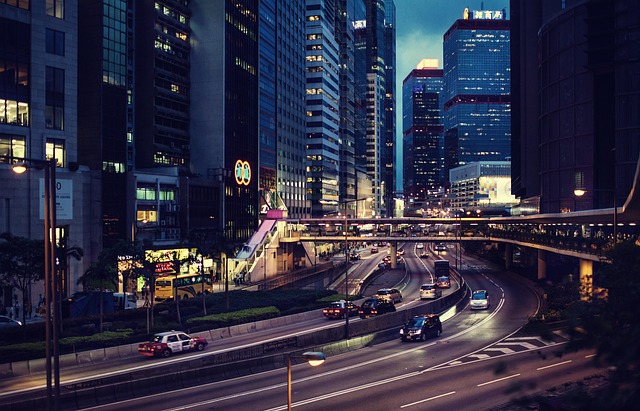Karachi's recycling centers play a critical role in the city's environmental efforts, managing diverse waste streams and promoting sustainability through specialized facilities for plastics, papers, metals, and glass. Employing innovative sorting techniques, these centers reduce waste, conserve resources, and foster a culture of sustainability. Cantt acts as a central hub, providing job opportunities and contributing to Karachi's circular economy. Despite challenges like overcrowding and inefficient infrastructure, local initiatives and government programs are enhancing collection methods and introducing cutting-edge technologies, signaling promising progress towards a greener future for the bustling metropolis. Community engagement is vital for the success of these recycling hubs.
“Karachi, Pakistan’s vibrant metropolis, faces unique challenges in waste management, particularly in areas like Cantt. This article explores the intricate world of recycling centers in Karachi, focusing on Cantt as a case study. We’ll delve into the city’s waste disposal landscape, highlighting the significance of these centers in reducing environmental impact. From plastic and paper to glass and metal, we analyze the materials processed, while also addressing the challenges and potential for growth. Additionally, we discuss community involvement, which is crucial for the long-term success of Karachi’s recycling ecosystem.”
- Understanding Karachi's Recycling Centers: An Overview
- The Role of Cantt in Karachi's Waste Management
- Types of Materials Processed at Recycling Facilities in Cantt
- Challenges and Improvements in Karachi's Recycling Ecosystem
- Community Engagement and the Future of Recycling Centers in Cantt
Understanding Karachi's Recycling Centers: An Overview
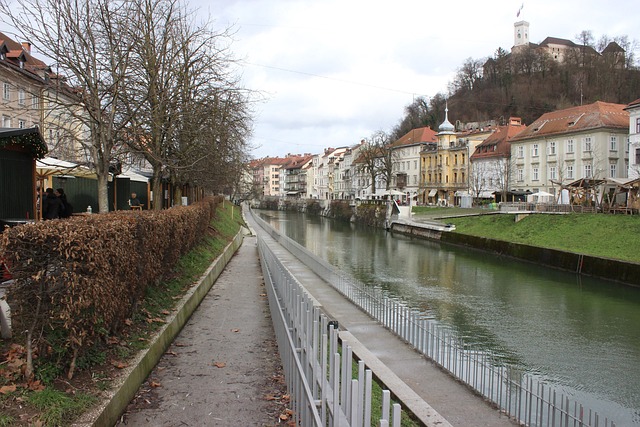
Karachi, Pakistan’s bustling metropolis, is home to a diverse range of recycling centers that play a vital role in managing the city’s waste and promoting sustainability. These centers are not just facilities; they are the backbone of Karachi’s environmental initiatives, transforming waste into valuable resources. Understanding the operation and impact of these centers is crucial for appreciating the city’s efforts towards a greener future.
The recycling landscape in Karachi is vast, encompassing various types of materials, from plastics and papers to metals and glass. Each center specializes in specific materials, employing innovative techniques to sort, process, and recycle them. This organized approach ensures that waste is reduced, resources are conserved, and the environment is protected from the harmful effects of improper disposal. By encouraging participation from the local community, these centers foster a culture of sustainability, where every citizen contributes to the city’s eco-friendly transformation.
The Role of Cantt in Karachi's Waste Management
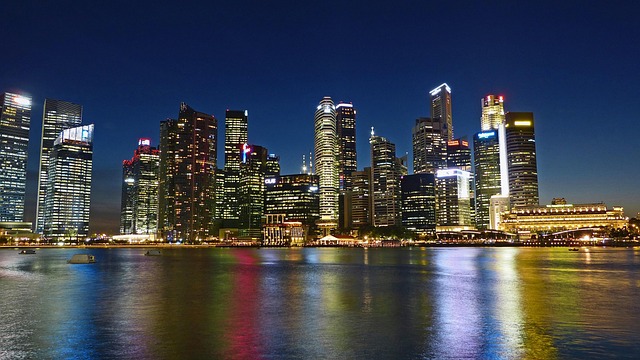
In the bustling metropolis of Karachi, Cantt plays a pivotal role in the city’s waste management ecosystem. As one of the key areas within the city, it is home to numerous recycling centers that contribute significantly to the circular economy. These centers act as a vital link between the urban population and sustainable practices by processing and categorizing various types of waste materials. The efficient operation of these facilities ensures that recyclable items are given new life, reducing the burden on Karachi’s environment.
Karachi’s diverse waste stream is navigated through Cantt’s dedicated recycling centers, where plastic, paper, glass, and metal are meticulously separated and prepared for further processing. This meticulous sorting process not only conserves natural resources but also creates job opportunities for local communities. The centers serve as a bustling hub, fostering a culture of environmental responsibility among residents and businesses alike, which is crucial for the long-term sustainability of Pakistan’s largest city.
Types of Materials Processed at Recycling Facilities in Cantt
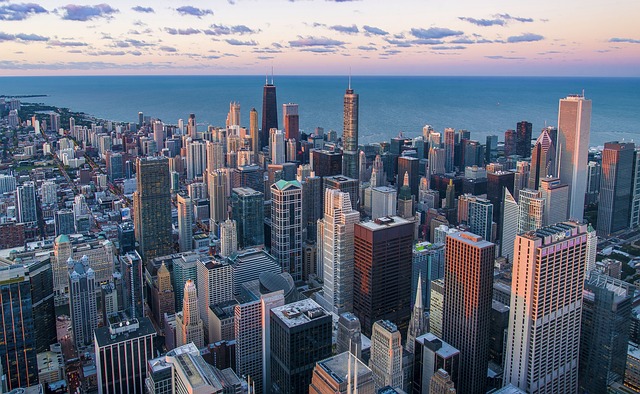
In the vibrant city of Karachi, recycling centers play a crucial role in managing and processing various materials to promote sustainability. These facilities are equipped to handle a diverse range of recyclables, contributing significantly to the local environmental efforts. Common types of materials processed at Cantt’s recycling centers include plastic, paper, glass, and metal. Each category is meticulously sorted and cleaned to ensure high-quality output.
Karachi’s recycling industry specializes in transforming these materials into valuable resources. For instance, plastics are shredded and melted down to create pellets for new products. Paper undergoes a pulping process to separate fibers, which can then be used to produce recycled paper products. Glass is often crushed and refined for use in construction or as decorative materials. Metals, after being separated and cleaned, are ready for resale or further manufacturing processes, ensuring a circular economy approach that reduces waste and conserves natural resources.
Challenges and Improvements in Karachi's Recycling Ecosystem

Karachi, as a bustling metropolis, faces significant challenges in its recycling ecosystem. The city’s rapid growth and increasing waste generation have put immense pressure on existing recycling facilities. Overcrowding and inadequate infrastructure often lead to inefficient waste management practices, causing environmental concerns. Many recycling centers in Karachi struggle with sorting and processing due to the mixed nature of waste received from various sources, including residential areas, markets, and industries.
However, there is a growing awareness and push for improvement. Local initiatives and government programs are focusing on enhancing collection methods, promoting source separation, and introducing advanced technologies for recycling. These efforts aim to create a more sustainable cycle by reducing landfill waste, encouraging reusable materials, and fostering a healthier environment for the city’s residents. Karachi’s recycling ecosystem is evolving, with promising signs of progress in its journey towards becoming a greener metropolis.
Community Engagement and the Future of Recycling Centers in Cantt
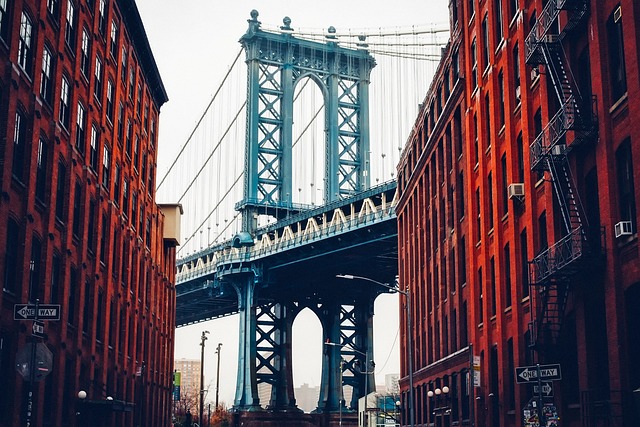
In the vibrant city of Karachi, community engagement plays a pivotal role in shaping the future of recycling centers in Cantt. These local hubs have long been the backbone of sustainable practices, transforming waste into valuable resources. However, with growing populations and changing landscapes, it’s essential to foster active participation from residents. By organizing educational campaigns and workshops, recycling centers can raise awareness about the environmental impact of proper waste management. Engaging schools and community groups can help instill a sense of collective responsibility, ensuring that future generations embrace sustainable practices.
Looking ahead, the integration of technology and innovative collection methods could revolutionize recycling in Cantt. Implementing smart waste management systems and promoting digital platforms for recycling information can streamline processes. As Karachi continues to evolve, these centers have the potential to become bustling hubs of environmental stewardship, setting an example for other parts of the city. Community collaboration is key to unlocking this future, where responsible recycling becomes a seamless part of daily life in this bustling metropolis.
Karachi’s recycling centers, particularly in Cantt, play a pivotal role in the city’s waste management landscape. By understanding the types of materials processed and the challenges faced, we can foster community engagement and drive improvements. The future of recycling in Cantt looks promising, as increased participation and innovative solutions could revolutionize how Karachi manages its waste, making it a cleaner and more sustainable city for all.
